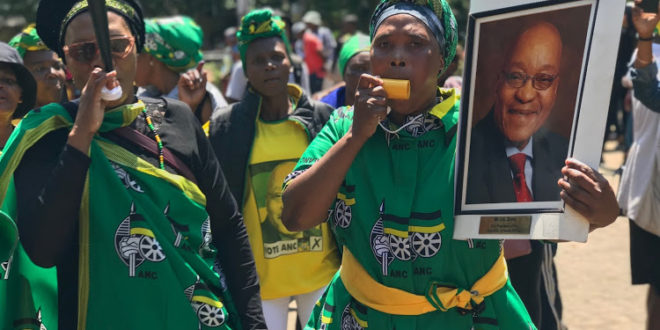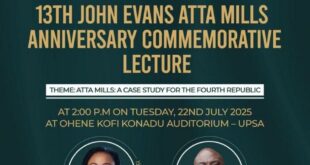The direct imprisonment of former president Jacob Zuma had the potential to “incite public outcry and civil disobedience and anarchy”, a Pietermaritzburg-based civic organisation said in papers filed in the Constitutional Court last week.
The Concerned Citizens of Northern Suburbs of Pietermaritzburg (CCNSP) applied to be a friend of the court in the case by the state capture commission, which wants Zuma to be held in contempt of court after he failed to turn up to give evidence at the commission, despite a court order that he should obey all the commission’s lawful summons.
The commission asked the court to order that Zuma be imprisoned for two years for contempt, while Zuma chose not to participate in the case before the Constitutional Court, which has already reserved judgment.
However, after reserving judgment, the court directed Zuma to provide it with submissions on what would be an appropriate sentence should it find him in contempt — a request that he refused, instead writing to chief justice Mogoeng Mogoeng to explain that his refusal to participate was a conscientious objection.
But the CCNSP’s chairperson, Sirsing Singh, said in an affidavit that the civic body was concerned a harsh sentence would have severe repercussions for the rule of law, the administration of justice and the judiciary. In deciding on an appropriate sentence the court should consider Zuma’s struggle history and that, “despite contentious allegations of fraud and corruption levelled against him by the Mbeki administration, Zuma commanded overwhelming support from the masses”, which had led to him becoming president of SA.
Singh also said that the “litany of complaints” against Zuma — “inter alia fraud, corruption, misuse of government resources and state capture” were untested allegations yet to be proven in court.
However, Singh did not deal in his affidavit with the allegation of contempt of court — the only issue the ConCourt is concerned with in this case.
The affidavit also does not give any further details about why incarceration would lead to anarchy and civil disobedience. But Singh said that Zuma has a very wide support base and is “still a revered leader”.
“Given his strong fan base, it is unlikely and highly improbable that the interests of society will in any way … be undermined, subverted or threatened by any form of suspended sentence.”
He said Zuma had recently celebrated his 79th birthday and had many wives and children — “for whom he is the primary care giver and the leader of his clan”. If he were imprisoned, he would be the oldest prisoner, said Singh.
“Given his advanced age and deteriorating health, any form of incarceration will prove to be a death sentence for him.”
He added that it was clear that Zuma had made a number of powerful enemies and there would be “concerted efforts by those baying for his blood — not least of which has been the print and visual media who have made a multitude of disparaging and repugnant remarks about him and subjected him to an unfair public trial”.
It would be a travesty of justice to incarcerate him, said Singh. “It is submitted that a wholly suspended sentence would be the appropriate sanction in the circumstances, on the condition that Mr Zuma testifies before the commission.”
The court papers from the Concerned Citizens of Northern Suburbs of Pietermaritzburg do not say how many members the civic body has. At the time of publishing, TimesLIVE had not managed to reach Singh by phone and he had not responded to e-mailed questions. This story will be updated.
TimesLIVE
 Home Of Ghana News Ghana News, Entertainment And More
Home Of Ghana News Ghana News, Entertainment And More





